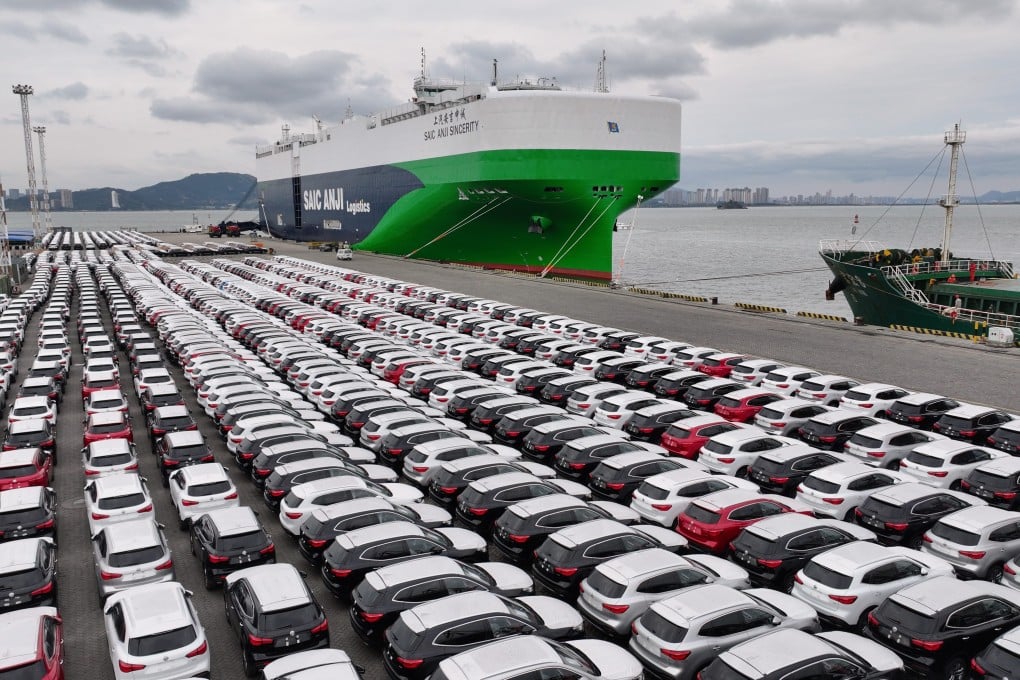SAIC Motor, Geely deny breaking ranks in China’s bargaining with Europe on EV tariffs
The two denials followed Monday’s statement by the Ministry of Commerce that a state-backed guild was solely authorised to engage with the EU in tariff talks

China’s largest state-owned carmaker and the private sector’s biggest assembler, both at the top of the European Union’s electric vehicle (EV) tariffs list, denied they sought separate deals to avert the import levies.
SAIC Motor, the biggest state-owned carmaker and the partner of General Motors and Volkswagen, said it was “deeply involved” in the collective bargaining by China’s carmakers.
Geely Automobile Holdings, the biggest of China’s private-sector assemblers and the owner of such brands as Volvo, Lotus and Zeekr, said any suggestion it negotiated separately with the EU was “slanderous”.
“Geely unswervingly supports the efforts to strike a collective deal with the EU,” the Hangzhou-based company said on Thursday.
The two denials followed Monday’s statement by the Ministry of Commerce, which reiterated that the state-backed industry guild the China Chamber of Commerce for Import and Export of Machinery and Electronic Products was the sole representative authorised to engage with the EU on tariff. Any separate discussions would “undermine trust” and harm the “continued efforts to resolve the issue,” the ministry said.